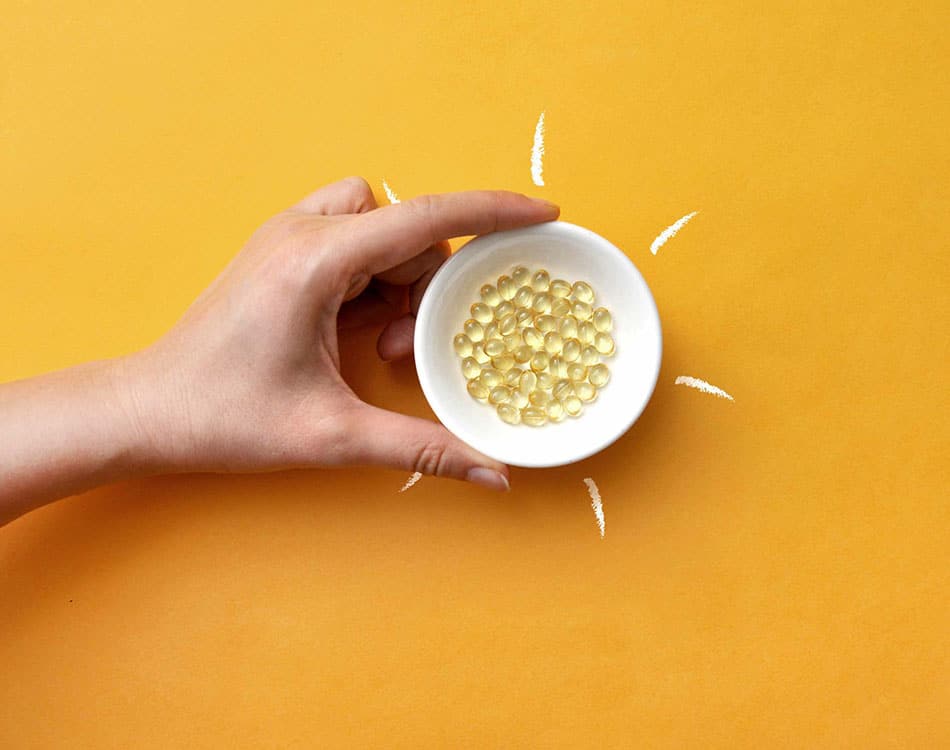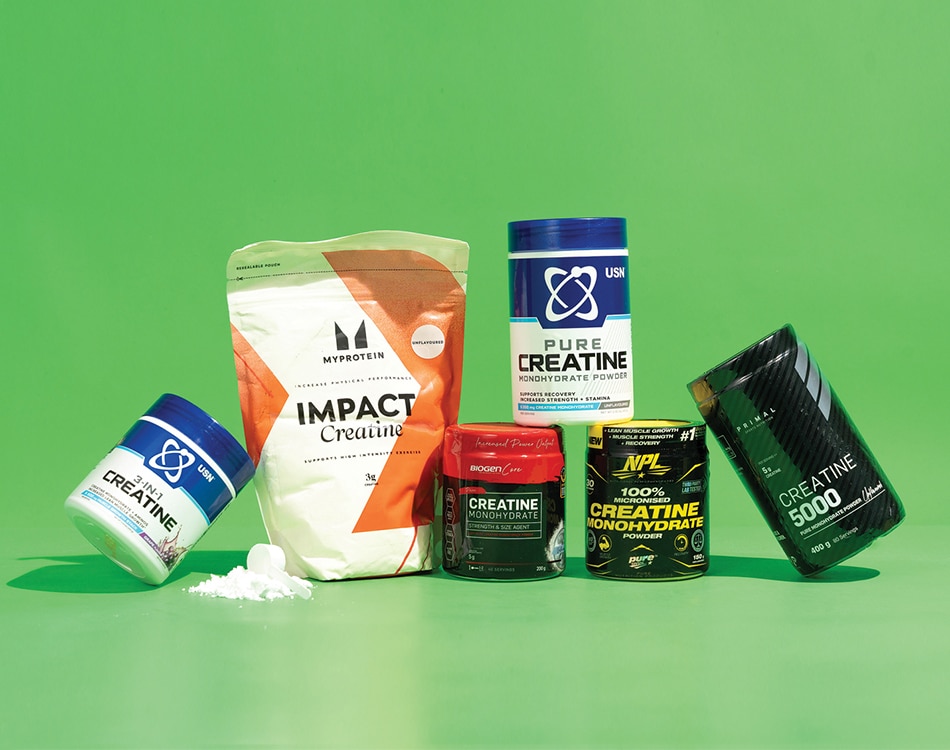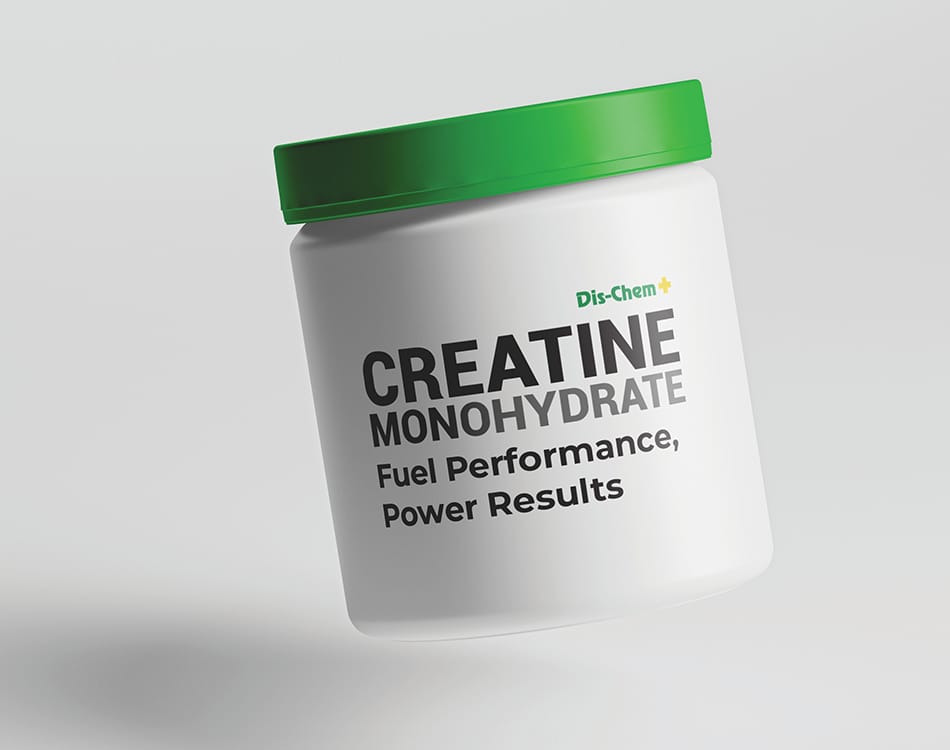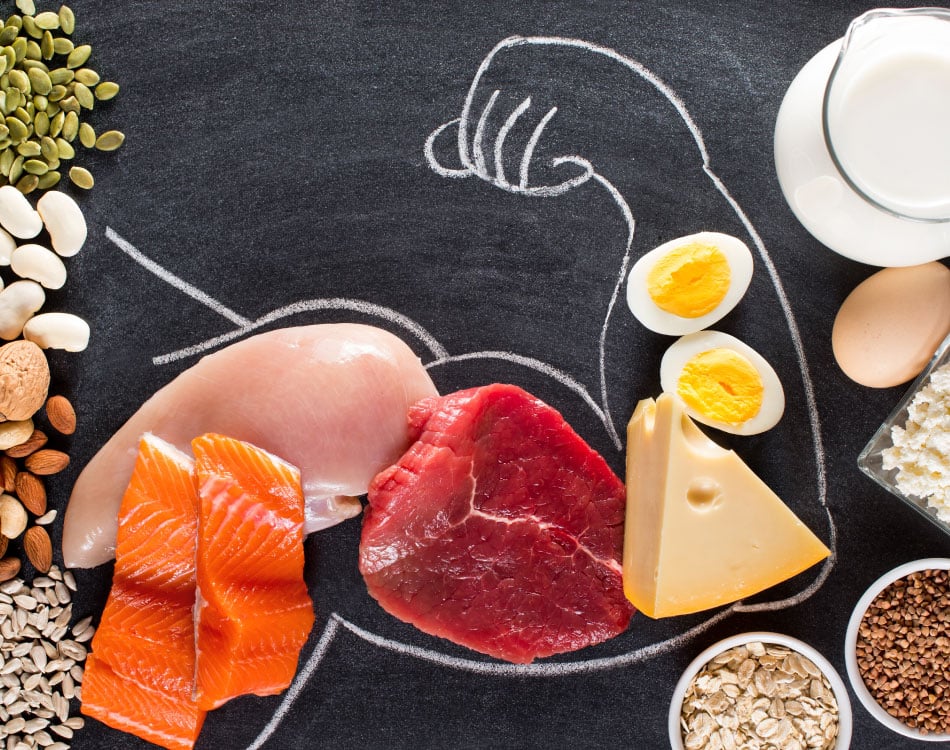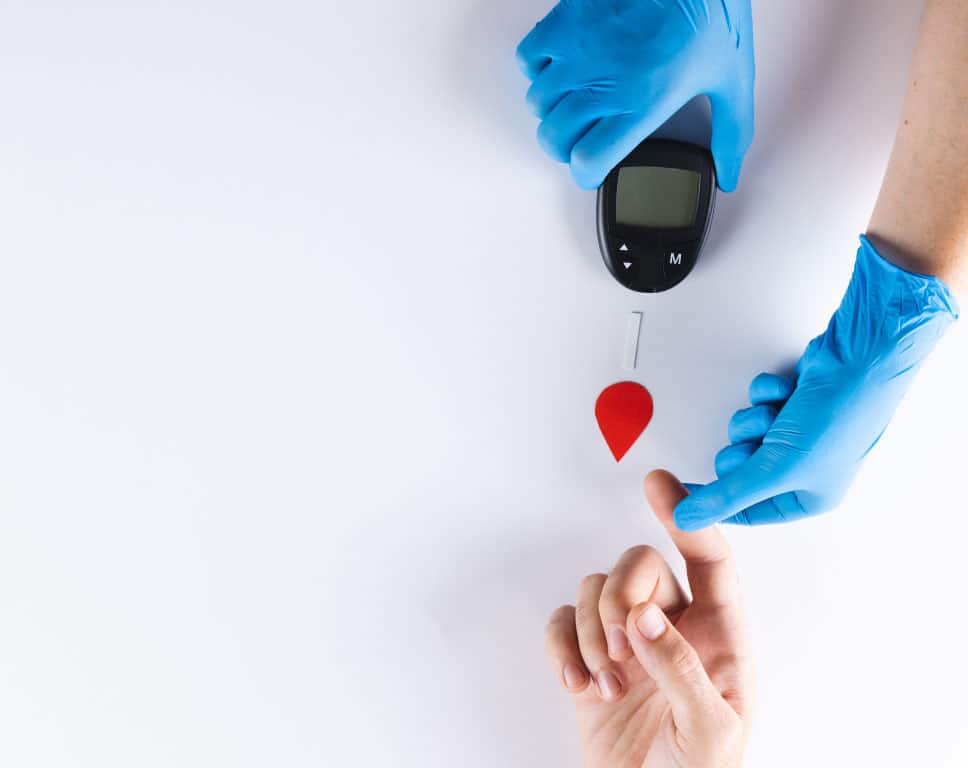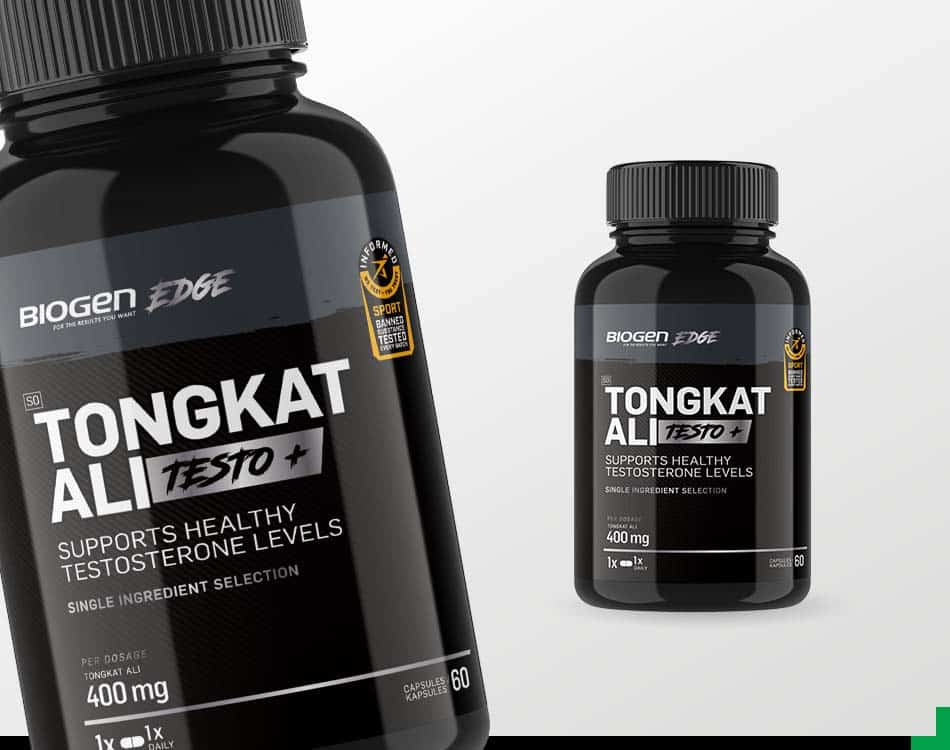Reduce the risk of losing time away from training this winter due to a cold or flu infection by adding a vitamin D3 supplement to your plan.
Ensuring we get sufficient vitamin D3 is one way to increase our chances of training through the colder winter months as this micronutrient plays important roles in our immune response and overall health.
And it has a role to play in optimal muscle function, which may provide an additional performance boost.
However, our body can struggle to produce this important vitamin during winter because we need to expose our skin to sunlight to produce vitamin D3. However, we are usually wrapped up in multiple layers while training outdoors, and we spend more time inside to stay warm between sessions.
READ MORE | Brighten Up Your Health With Vitamin D
How the body makes vitamin D
Ultraviolet B (UVB) rays trigger a process that converts a molecule found in skin cells (called 7-dehydrocholesterol) into pre-vitamin D3, which is an intermediate substance in the production of the usable form of vitamin D, called cholecalciferol (vitamin D3).
Once formed, skin cells release vitamin D3 into the bloodstream where the liver absorbs it and converts it into a form the body can store.
As a fat-soluble vitamin, we store the bulk of our vitamin D in fat cells. In the last step in the process, the kidneys convert vitamin D released by fat cells into the active form (known as calcitriol), which your body uses for various vital functions.
READ MORE | 3 Supplement Combos To Enhance Immunity
Why athletes need vitamin D
Studies suggest that vitamin D helps regulate our innate and adaptive immune responses1. Adequate vitamin D levels help immune cells like macrophages and natural killer cells defend against invading germs, while a deficiency is associated with increased autoimmunity (a condition where the immune system mistakenly attacks healthy tissues) and increased susceptibility to infection2.
And scientific evidence shows that vitamin D supplementation can lower the risk of acute respiratory infections3 by potentially influencing how your body responds to respiratory viruses, particularly among those with a deficiency.
Vitamin D3 is also vital for bone health as it promotes calcium absorption, which is a crucial mineral for building and maintaining strong bones4. And our muscles have vitamin D receptors, with studies linking adequate vitamin D3 levels to improved muscle strength and function5. A deficiency might also contribute to muscle weakness6.
READ MORE | Spray Vitamin Deficiencies Away With Sublingual Supplements
Boosting vitamin D levels
The best way to support natural vitamin D production this winter is exposing more of your skin to sunlight.
Athletes can also get additional vitamin D this winter is from what we eat and drink. A diet that includes vitamin D-rich foods, which include fatty fish, eggs, and mushrooms, can contribute positively to your vitamin D intake, along with fortified foods that have added vitamin D.
There are also various supplement options available in various forms, including powders, capsules, tablets and sprays. Vitamin D3 is generally considered the most effective option to boost circulating levels of vitamin D’s active form.
Tablet and capsule products like Biogen Vitamin D3 500iu are the most common forms of vitamin D3 supplements available, with sublingual (under the tongue) sprays like Biogen Vitamin D3 Oral Spray emerging as a recent innovation to potentially boost absorption.
Ongoing product innovation has also delivered more bioavailable products for athletes looking to boost absorption. For example, Biogen Vitamin D3 1000IU with Coconut Oil aids the rapid absorption of this fat-soluble vitamin.
Supporting a holistic approach
While supplements can boost vitamin D levels to support immunity, health and performance, these products are not a magic bullet.
Maintaining a healthy lifestyle with a balanced diet that includes foods rich in vitamin D, sufficient sleep, managing stress, and getting safe levels of sunlight exposure are all crucial to boosting your levels.
If you’re unsure about your vitamin D levels, a blood test in consultation with your doctor can help determine if supplementation is right for you. A medical professional will interpret the test results and advise you on the appropriate dosage based on your individual needs and potential interactions with any medications you may take.
References:
- Ghaseminejad-Raeini Amirhossein , Ghaderi Ali , Sharafi Amirmohammad , Nematollahi-Sani Behrad , Moossavi Maryam , Derakhshani Afshin , Sarab Gholamreza Anani. Immunomodulatory actions of vitamin D in various immune-related disorders: a comprehensive review. Frontiers in Immunology. 2023, Volume 14. DOI=10.3389/fimmu.2023.950465. ISSN=1664-3224.
- Aranow C. Vitamin D and the immune system. J Investig Med. 2011 Aug;59(6):881-6. doi: 10.2310/JIM.0b013e31821b8755. PMID: 21527855; PMCID: PMC3166406.
- Jolliffe DA, Camargo CA Jr, Sluyter JD, Aglipay M, et al. Vitamin D supplementation to prevent acute respiratory infections: systematic review and meta-analysis of aggregate data from randomised controlled trials. medRxiv [Preprint]. 2020 Nov 25:2020.07.14.20152728. doi: 10.1101/2020.07.14.20152728. Update in: Lancet Diabetes Endocrinol. 2021 Mar 30;: PMID: 33269357; PMCID: PMC7709175.
- Lips P, van Schoor NM. The effect of vitamin D on bone and osteoporosis. Best Pract Res Clin Endocrinol Metab. 2011 Aug;25(4):585-91. doi: 10.1016/j.beem.2011.05.002. PMID: 21872800.
- Halfon M, Phan O, Teta D. Vitamin D: a review on its effects on muscle strength, the risk of fall, and frailty. Biomed Res Int. 2015;2015:953241. doi: 10.1155/2015/953241. Epub 2015 Apr 27. PMID: 26000306; PMCID: PMC4427016.
- Cui Aiyong, Zhang Tiansong, Xiao Peilong, Fan Zhiqiang, Wang Hu, Zhuang Yan. Global and regional prevalence of vitamin D deficiency in population-based studies from 2000 to 2022: A pooled analysis of 7.9 million participants. Frontiers in Nutrition. 2023. Volume 10. DOI=10.3389/fnut.2023.1070808. ISSN=2296-861X.

